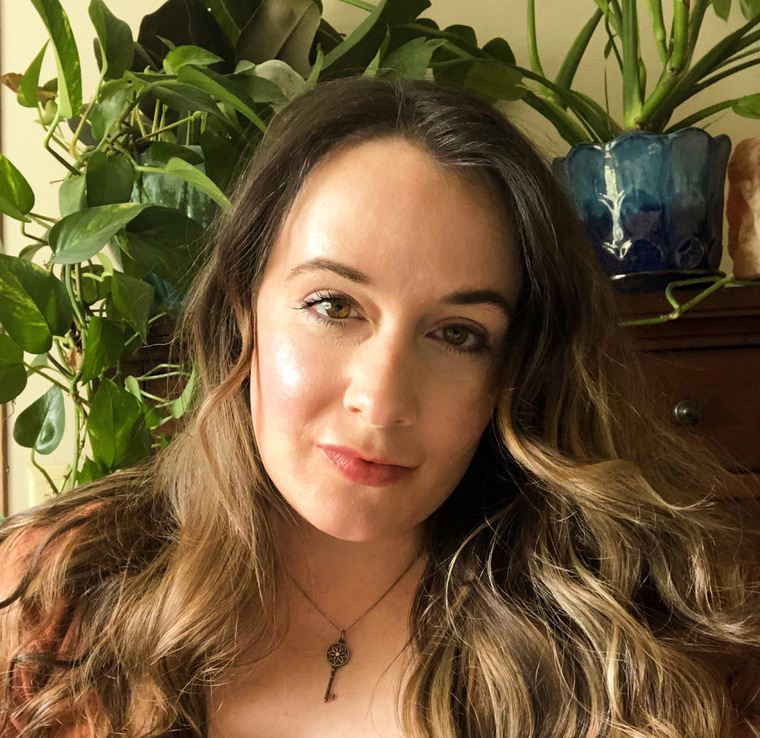
Elizabeth Fiala is a native Nebraskan writing venomous essays while teaching composition classes. Her work has been published in Brevity’s Nonfiction Blog, Pithead Chapel, Essay Daily, 13th Floor Magazine, and numerous self-made paper booklets which she sold for a quarter each, as an industrious child, to kind elderly neighbors.
Personal Teaching Statement:
Many of my students enter my classroom with pre-conceived notions of how academic writing should be. In their mind, academic writing elicits adjectives such as: cold, dry, boring, and overall, too complicated. As such, these students have often struggled in the past with writing and walk into my classroom dreading it. My goal, then, is to spend the semester proving those assumptions wrong and for my students to more confidently find their place within the greater conversations that surround them both inside and outside the classroom. Simply put, I want my students to feel empowered through their writing.
The central focus of my teaching philosophy is to prepare my students not only for writing in an academic setting, but to develop the critical reading and analysis skills that will allow them to interact with texts they’ll encounter in everyday life. As the ways we take in information continue to skew more heavily toward digital formats, it is critical that students develop skills on how to interact with texts and images that forces them to question assumptions (both their own and the author’s), challenges and investigates the rhetorical choices made, and engages in a way that asks them to closely consider what is and isn’t working. This process is demonstrated and practiced throughout the semester, instilling in students the habit of close reading a text and annotating as they read. By critically analyzing a text, the student is also learning what successful writing entails and what weakens an author’s argument or message. This skill of critically analyzing texts goes hand-in-hand with the skill of writing, as good readers make for good writers
Because not all students arrive to my classroom at the same skill level, my first assignment is an introductory letter that they write to me that encourages them to discuss their experiences and comfort level with writing and reading. I also find it helpful to encourage students to brainstorm goals for improvement in tandem with this letter the first week of the semester. By focusing on outcomes that don’t relate to grades, students feel less pressure for that all important A and instead focus on manageable goals that place the emphasis on improvement rather than perfection. Throughout the semester we revisit these goals and adjust as necessary, allowing my students to feel that their time is being invested wisely and allowing me to tailor my feedback to meet their specific needs, goals, and skill levels.
I want my students to leave my class more adept at navigating the conversations and debates that surround them, making them realize they have a stake and a voice. I want them to walk away with a greater respect for their own writing capabilities and strengths. Just like them, I am continually honing my own critical reading and writing skills, asking myself after each semester to examine what worked, what didn’t; revising my teaching philosophy as I go and always listening to my students’ needs. Asking them to aim for improvement over perfection is something I embrace as well, welcoming the opportunities to improve with each new group of students I teach. And I, just like them, want to feel empowered; empowered through my role as a teacher, guiding them and challenging their assumptions on academic writing, and encouraging them to improve their writing as they move through their education and beyond that classroom door.
Education
M.A. (2021), University Of Nebraska - Omaha
B.A. (2019), University of Nebraska - Omaha
Areas of Interest
Areas of Specialty: Creative Nonfiction, Freshman Composition
Awards and Honors:
- Elton S. Carter Thesis Award Nomination, 2021
- UNO English Department Fellowship, 2021
- John J. McKenna Graduate Fellowship in Creative Nonfiction, 2020
- Outstanding English Major in Creative Nonfiction, 2019